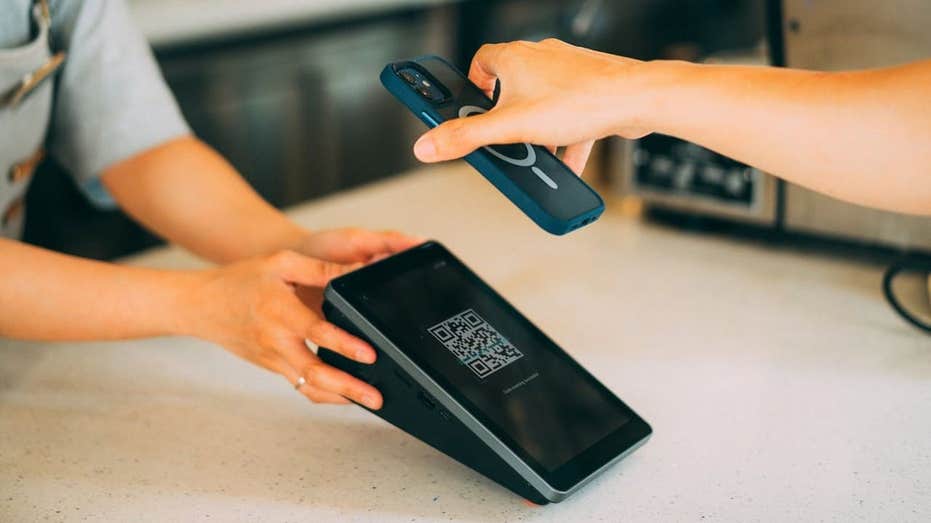Beware of These 5 Common Overpayment Scams and How to Protect Yourself

Overpayment scams are increasingly prevalent, costing victims thousands of dollars and causing significant financial distress. These schemes often appear harmless at first glance: scammers send a check for more than the agreed amount, then ask victims to send back the difference before the check bounces, leaving individuals responsible for the full sum. Recognizing the most common overpayment tactics is crucial to avoiding falling prey to these frauds.
Understanding the Overpayment Trap
One typical scenario involves scammers posing as pet owners, buyers, or employers. For example, a person might receive a counterfeit check for a large sum, claiming it’s for a service or purchase. They’re then instructed to forward part of the funds to a third party or vendor, often under the guise of paying for supplies or shipping. The check initially appears legitimate, with banks sometimes releasing the funds before it bounces. Once the check is rejected, victims are held accountable for the entire amount, including the money they sent elsewhere.
Common Overpayment Schemes to Watch Out For
- Fake Checks for Pet Sitting or Services: Scammers send counterfeit checks and ask victims to forward a portion to a third party, such as a supplier or shipping company, under false pretenses.
- Online Marketplace Overpayments: Buyers send excess payments for items like furniture or electronics and request a refund of the difference through instant transfer apps. When the original payment is reversed, victims lose both the item and the refunded money.
- Fake Job Offers and Mystery Shopper Scams: Scammers send fake checks to test store purchases or buy equipment, then instruct victims to send part of the funds to a vendor or back to the scammer, only for the checks to bounce later.
- Rental Deposit Frauds: Renters receive checks for more than the deposit amount and are asked to refund the excess, only to find the check was counterfeit.
- Bogus Employer Payments: Fake employers send large checks to cover supposed equipment costs or advance payments, then instruct victims to wire the surplus to third parties, risking loss when the check fails.
Protecting Yourself Against Overpayment Scams
Always verify the legitimacy of any payment before taking further action. If you receive an overpayment, do not send money to third parties or withdraw funds until your bank confirms that the check has fully cleared—this can take several days. Save all correspondence, checks, and related documents as evidence, and report suspicious activity to authorities such as the Federal Trade Commission (FTC).
Additional Safety Tips
- Use secure, traceable payment platforms instead of paper checks or wire transfers.
- Be cautious of urgent requests or pressure to act quickly—scammers often leverage urgency to bypass skepticism.
- Limit your online exposure by removing personal data from data broker services, reducing scammers’ access to your information.
- Set up fraud alerts with your bank for large deposits or unusual transactions to catch suspicious activity early.
By staying vigilant and aware of common tactics, you can prevent falling victim to overpayment scams. Remember, if someone pays you more than owed, it’s likely a scam—never send money or personal information without thorough verification.



